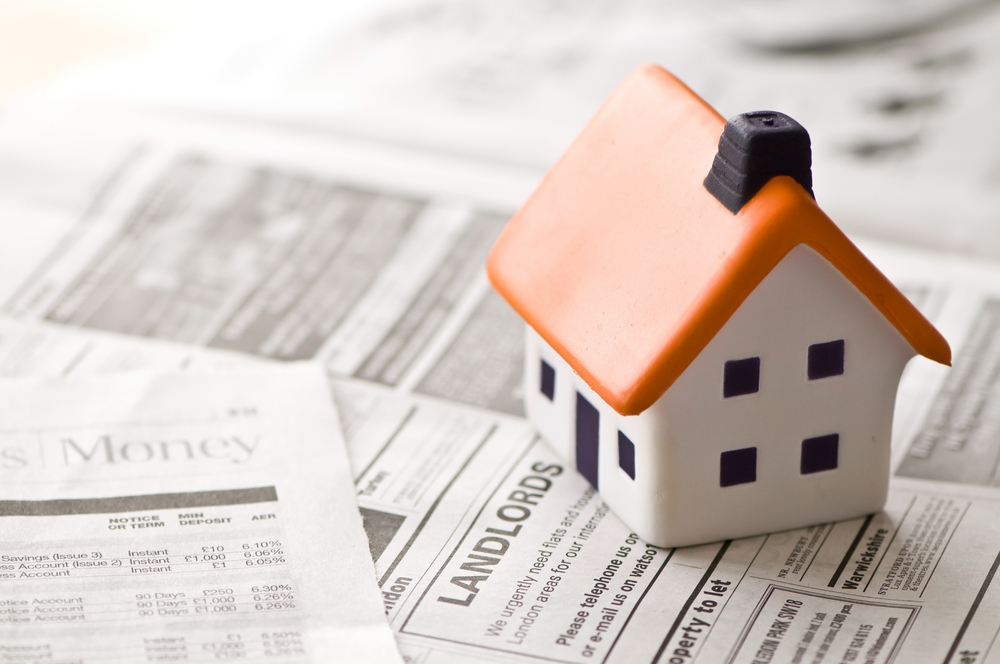Tracking your income and expenses can be a tedious and time-consuming task for your rental properties. However, as a landlord, it is essential, landlords need to track a variety of expenses including routine payments such as mortgage repayments, insurance, and HOA fees, as well as other one-off expenses such as maintenance and repairs.
Thankfully, there are a number of software and techniques that landlords can use to minimize the required time input and maximise the effectiveness of their income and expense tracking, including guides on MTD for landlords so that they can claim every available deductible expense to mitigate their tax liability and ensure their portfolio remains profitable.
What records to keep track of what records do you need to keep?
The short answer is everything. There are many documents you need to keep for posterity. Here are a few examples of these documents:
- Current and past tenant leases
- Communication record between you and your tenants
- Legal documentations like fines, inspection reports, and court appearances.
- Insurance policies
- Loan documents like task returns and bank statements
- Previous year’s taxes
- Property’s deed
On top of this, you should keep all financial documentation for at least seven years. This includes all of your receipts and invoices, records of any salaries you pay, utilities, legal costs, renovation expenses, etc.
When tracking these expenses you need to know the difference between those that qualify as capital expenses and those that can be deducted at the end of the tax year as they need to be treated differently.
Using a quality expense tracking tool you can keep digital of all of your documentation so that they are well organised and easily accessible.
Who are you filling the cabinet for?
If you want to succeed in business today, you must utilize the power of technology. Financial technology is has gone far beyond leather-bound accounting books and spreadsheets. Instead, it’s recommended that you do away with your large filing cabinets and boxes of receipts, and instead, explore property management software options like Landlord Studio.
Historically speaking, many landlords overpay their taxes at the end of the year. This is simply because deductible expenses have been missed. If you’re leaving your accounting to the end of the year then there may be thousands of transactions to review. If you lose a receipt or it becomes too faded to read, that expense can no longer be deducted.
Property management and accounting software allow you to streamline your workflow and better organize your documentation. Instead of having to go through stacks of paper receipts and pages of printed bank statements, you can digitize receipts at the point of sale (so you never lose a receipt again), connect your bank accounts (to view your financial data in real-time), and run advanced reports with a few quick taps.
Deductible rental property expenses landlords need to track
A few of the key deductible expenses that every landlord needs to keep detailed records of include but are not limited to:

-
- Advertising costs. This includes the cost for listing your property, any application processing costs, as well as costs associated with showing your property or otherwise finding a tenant to fill a vacancy.
- Professional fees. This includes accountancy fees and software fees as well as any legal fees such as acquiring legal documents for your new tenancy
- Office expenses. This could include phone costs specifically associated with the management of your rental properties or office equipment.
- Repairs and property maintenance. This could be one-off property repairs or routine maintenance such as landscaping, HVAC repairs, etc.
- Travel expenses. You can deduct all travel expenses if the travel is undertaken specifically for the purposes of operating your rental business. Mileage can be deducted under the standard mileage rate.
- Utilities. If you the landlord are paying the utilities for the property, you can deduct this as you can report this as a deductible expense. If your tenant reimburses you for the utility expenses, you would report that reimbursement as taxable income
- Employee wages.
- Mortgage interest.
- Insurance.
- Property depreciation.
It’s important to note that exactly which expenses qualify as an allowable deductible may vary depending on your location. So it’s advised to seek qualified advice from a licenced professional to determine what is and isn’t an allowable rental property expense in your situation.
The bottom line
Having a quality expense and rental tracking tool will save you time and enable you to maximize your cash flow whilst minimising the time input required.
Landlord Studio is just one software that you might explore. It allows you to digitize receipts at the point of sale, connect your bank account to view and reconcile transactions, collect rent from tenants, and instantly generate accountant approved reports to gain granular financial insight into your portfolio’s performance.
All of your data is stored in their secure cloud server and is accessible via their desktop portal or native apps on iOS and Android.






